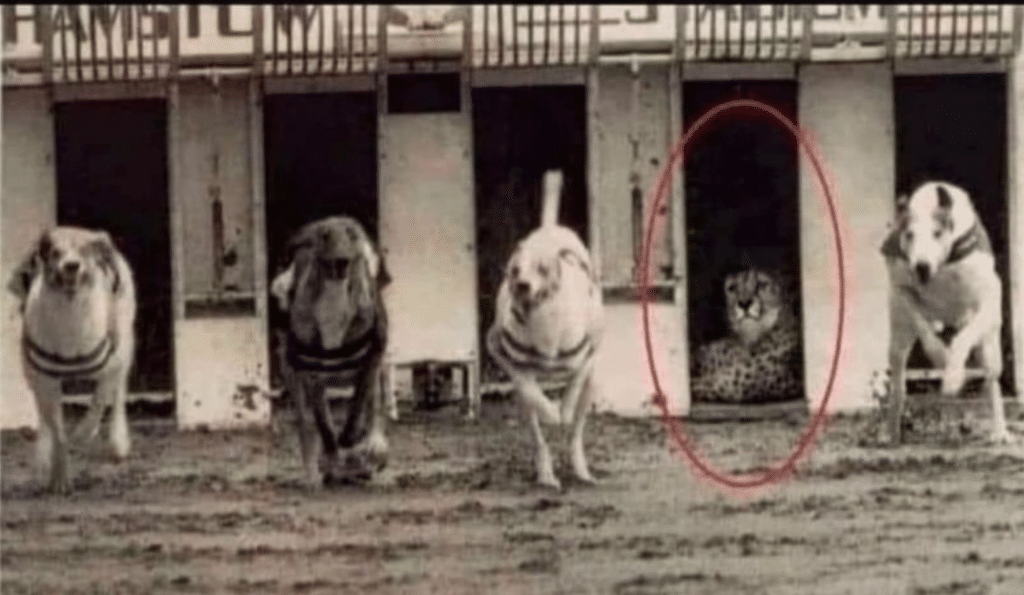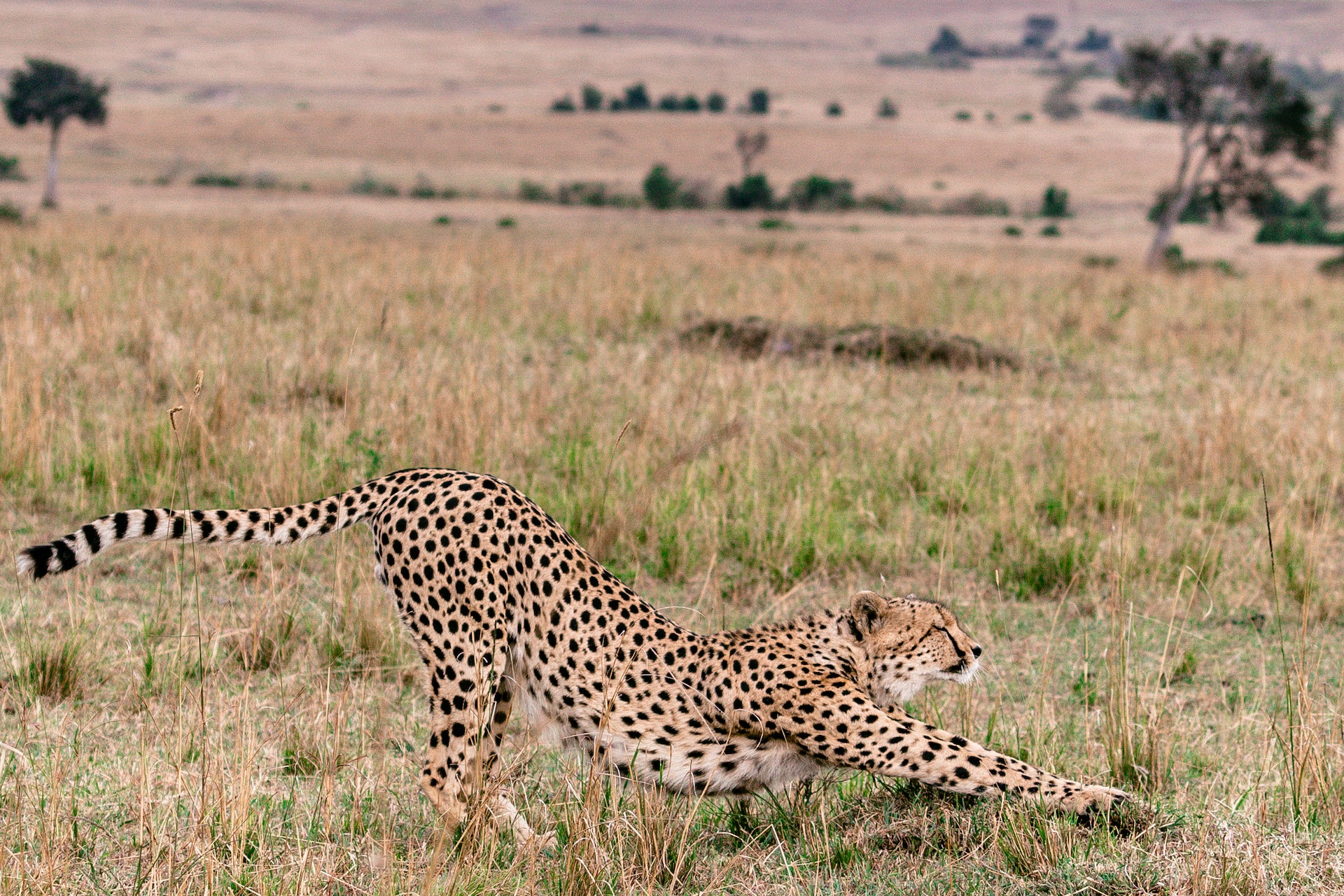Would a cheetah win a race against greyhounds?
A cheetah was brought to a greyhound racetrack to find out. The dogs, and the cheetah, were positioned at the starting line.
When the gates opened, the greyhounds darted out. The cheetah remained laying down in her pen.

The observers were shocked. They asked the cheetah handler what happened. He said, “ A cheetah uses its speed to hunt, not to prove to dogs that it is faster and stronger.”
This is a great story and an important life lesson. Use your energy for what matters to you. Don’t waste your time and energy proving your value to others who don’t appreciate your worth.
The only problem is this story isn’t true.
This experiment was conducted many times. Sometimes the cheetah would race, and sometimes it wouldn’t. Unlike the greyhounds, which bolted out every time the gate was raised, the cheetah’s behavior was unpredictable.
The cheetah is more like a human. Humans are also unpredictable.
The entire field of economics was once-upon-a-time based on Rational Choice Theory, the notion of humans making rational and predictable decisions to maximize self-benefit. The only problem with this theory was it didn’t take into account how people actually behaved.
In the 1980’s behavioral economics stepped out of the lab to study real life, examining the differences between what people “should” do and what they actually do. It turns out, people often don’t make the “rational” choice, even when they have all the information and tools to do so.
For example, people will spend 30 minutes looking for the cheapest gas station before filling up. Saving $0.25/gallon. Not realizing their time is worth more than that.
Why?
We make choices based on a complex web of internal factors. One of them is rational, another is emotional, and another is what we value. Going back to the gas example, if you value fairness, and you feel paying more than the lowest possible price for gas is unfair you’ll feel taken advantage of when you buy gas at a higher price. In this situation, it might be worth it to you to drive around town to find the cheapest gas so you don’t compromise your internal value of fairness.
Why is this important?
Get curious about what is driving your decisions. Especially the decisions that seem irrational from the outside. When you understand the motivational force under a decision your actions become clear, and you can decide if you want to stay aligned with that motivational force or change it.
Also, your workforce and your consumers are also made up of unpredictable humans. Get curious about them. Ask questions that dive deeper than the surface level to understand what’s really going on. Experiment. Just…leave the cheetahs out of it.




